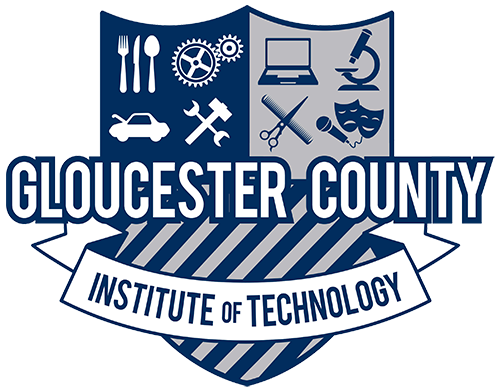Technology has become an essential part of daily life, shaping both personal and professional environments. As discussed in Introduction to Mass Communication: Media Literacy and Culture, media and technology now influence not only how we work but also how we relax and connect with others (Campbell et al., 2023). For this journal, I reflected on how technology affects my work and family life and spent an evening unplugged to see how it impacted my well-being. This experience revealed how deliberate moments of disconnection can create balance, reduce stress, and encourage mindfulness.
Technology plays a central role in my work, but I view it as a helpful tool. I try to make technology work in my favor instead of letting it overwhelm me. My stress level is not caused by technology itself but by the responsibilities I need to manage. Digital tools often allow me to accomplish tasks faster and stay organized, which aligns with the idea that media, when used effectively, can enhance productivity and communication (Campbell et al., 2023).
At work, tools like Microsoft Teams and texting make communication easier and quicker. If I cannot see someone face-to-face, I can send a Teams message or an email and often receive a response the same day. This instant communication helps me teach my classes smoothly and handle tasks without delays. I also encourage my students to send me Teams messages so I don’t forget something important. Technology, in this sense, has improved how I interact with others and supports real-time collaboration, which reflects how digital communication tools bridge physical distances (Tyler Dewitt, 2020).
At home, I keep work and personal life separate because I need that mental break. While my husband struggles with technology crossing the boundary into personal time, I am firm about disconnecting when the day is done. Research on internet-related behaviors suggests that constant connectivity can lead to stress and burnout if boundaries are not established (Petry et al., 2023). I have learned that maintaining this separation keeps me balanced and allows me to fully recharge.
For my unplugged experience, I spent an evening on my deck after dinner with a cup of coffee. I put away my phone and computer, choosing instead to enjoy the quiet world around me. I sat back, listened to the sounds of nature, and let the warmth of the sun sink in. I even closed my eyes for a while just to take it all in, letting my mind rest. This aligns with recent studies that emphasize the mental health benefits of short breaks from technology, including reduced anxiety and improved mood (Pew Research Center, 2022).
The experience gave me total stress relief. I did not feel anxious or disconnected; instead, I felt free and grounded. This practice isn’t new for me—I started doing it about five years ago, and I make sure to take summers off to reconnect with myself and the world around me. Technology is a part of my life, but I have learned when to step away and just be present. As noted by Campbell et al. (2023), healthy media use involves mindful choices about when to connect and when to disconnect.
In conclusion, unplugging for even a few hours reinforced my belief that technology should be a tool, not a tether. While it supports my work and communication, taking time to disconnect helps me reset and focus on the present. The course readings and research suggest that these mindful breaks can improve well-being and help maintain healthy boundaries in a technology-driven world (Petry et al., 2023; Pew Research Center, 2022). I plan to continue making unplugged moments part of my routine.
References
Campbell, R., Martin, C. R., & Fabos, B. (2023). Introduction to mass communication: Media literacy and culture (12th ed.). McGraw-Hill Education.
Petry, N. M., Zajac, K., & Ginley, M. K. (2023). Cell phone social media use and psychological well-being in young adults: Implications for internet-related disorders. Journal of Behavioral Addictions. https://www.ncbi.nlm.nih.gov/pmc/articles/PMC9858621/
Pew Research Center. (2022). Internet, smartphone, and social media use in advanced economies. https://www.pewresearch.org/global/2022/12/06/internet-smartphone-and-social-media-use-in-advanced-economies-2022/
Tyler Dewitt. (2020). Online learning could change academia for good [Video]. TEDxMIT. https://www.ted.com/talks/tyler_dewitt_online_learning_could_change_academia_for_good

